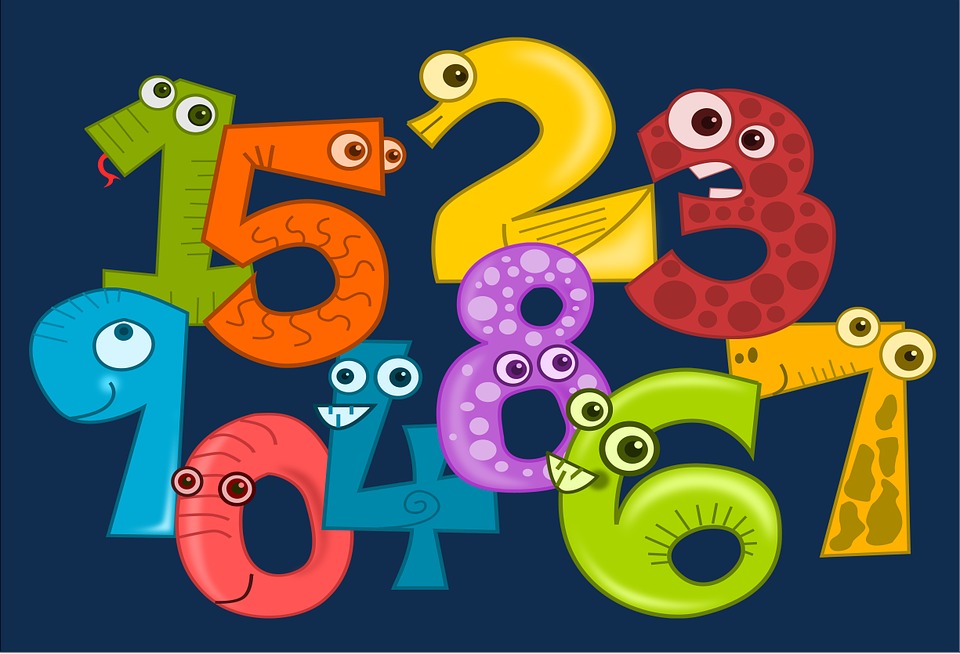
When interacting with someone that has Dyscalculia you should be very patient and prepared to go over things more than one, twice or even more times. You should watch them and listen to what they are saying and offer tips based on that feedback. You can try and make helpful tips by recognizing patterns and interpreting the problems that they are having. Another thing that you will want to do is to explain everything instead of just saying to do something a certain way.
Dyscalculia is also called numerical dyslexia.
Try and set some quantities to work from like numbers below 10. Subtraction will be different than addition since this requires the person to go backwards, keep this in mind. There are a ton of other helpful tips available dealing with multiplication and others. Always go slow if the person needs to go slow, to rush is often times counter productive and will likely frustrate the person trying to learn. You should pay attention to the needs of the person with this learning disorder.
Key Takeaways:
1
Children with Dyslexia may need more attention in some areas of education.
2
Teaching Dyslexic students to understand is important.
3
Conceptual learning is beneficial for students with Dyslexia.
Read the full article here:
http://www.dyslexicadvantage.org/tips-for-supporting-a-student-with-dyscalculia-steve-chinn/
http://www.dyslexicadvantage.org/tips-for-supporting-a-student-with-dyscalculia-steve-chinn/
Do You Need help with a Dyscalculia Difficulty?
Our simple online analysis will help you get to the core of the problem and find the right solution for you.
Understanding how to help someone with a learning difficulty starts with understanding which micro-skills are affected. When you learn which of the micro-skills is the problem, you will then be on your way to solving it.
You'll also learn how to:
- Build confidence
- Enhance Learning ability
- Eliminate avoidance
- Build grit
You can get this analysis for free by filling out this simple form. This will help you get to the bottom of a learning difficulty and provide you with a solution. If you are ready to put this problem behind you click the button below and fill out the form.










